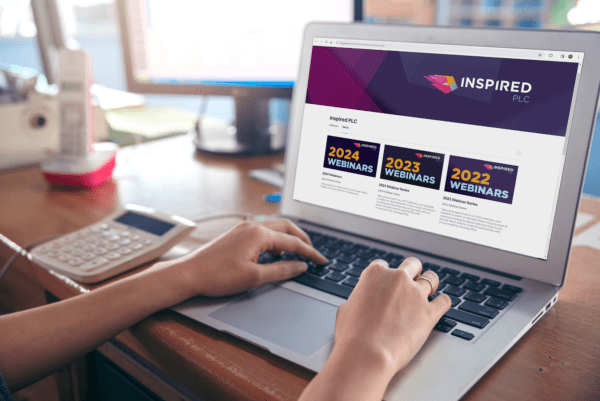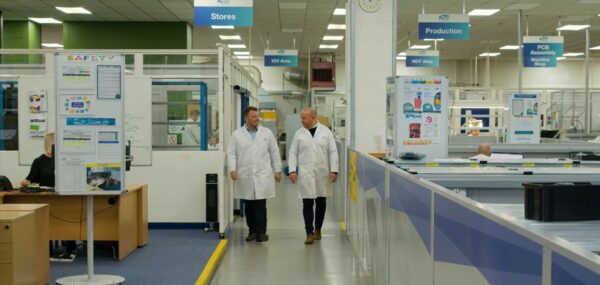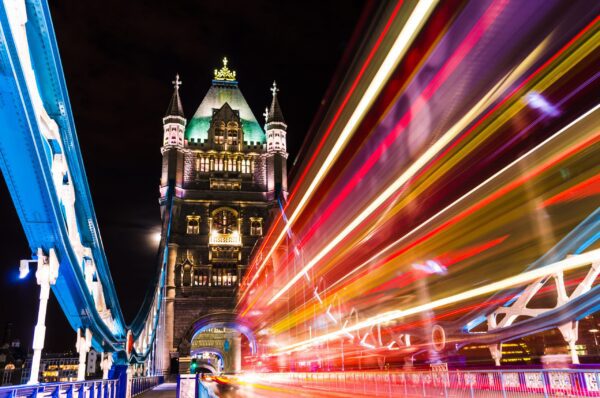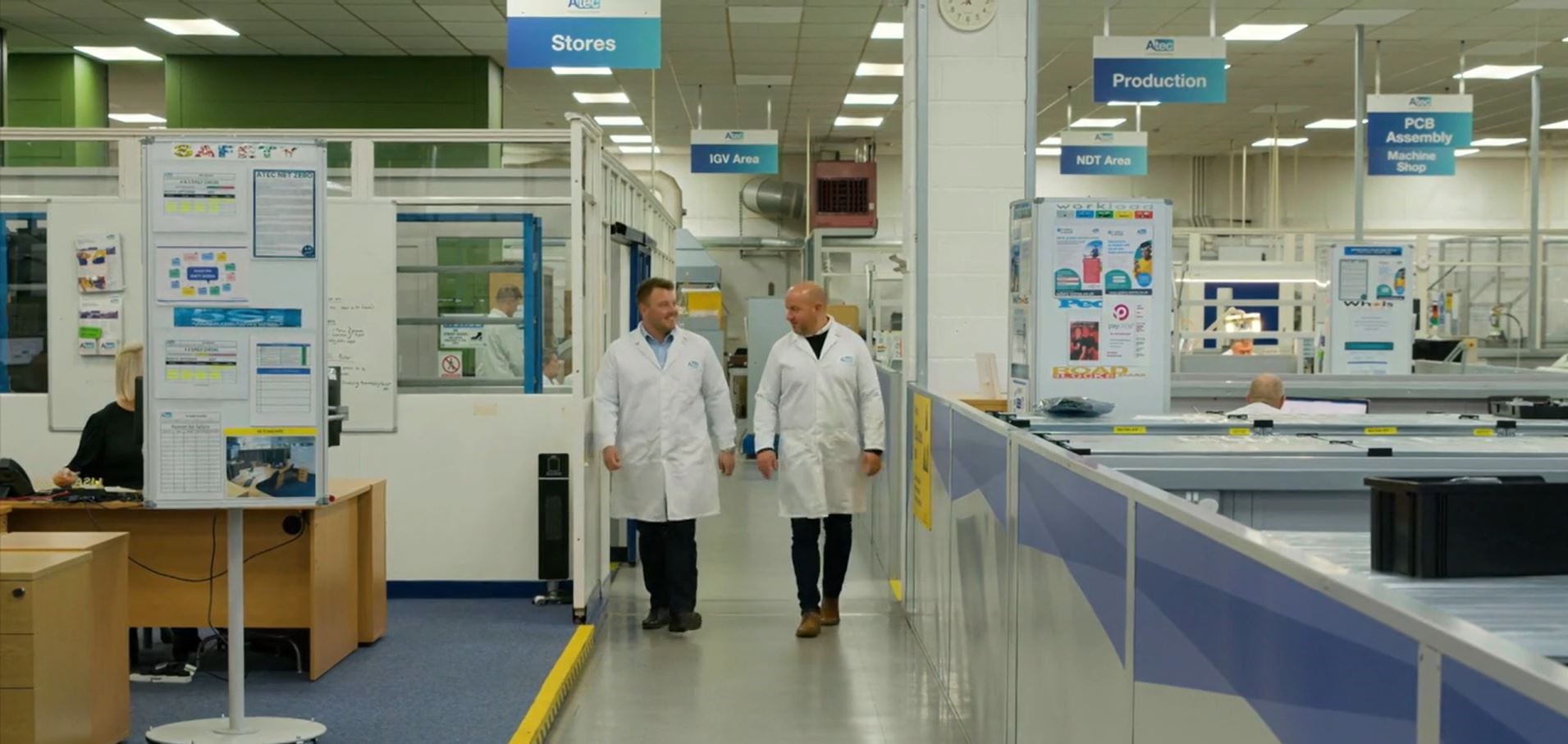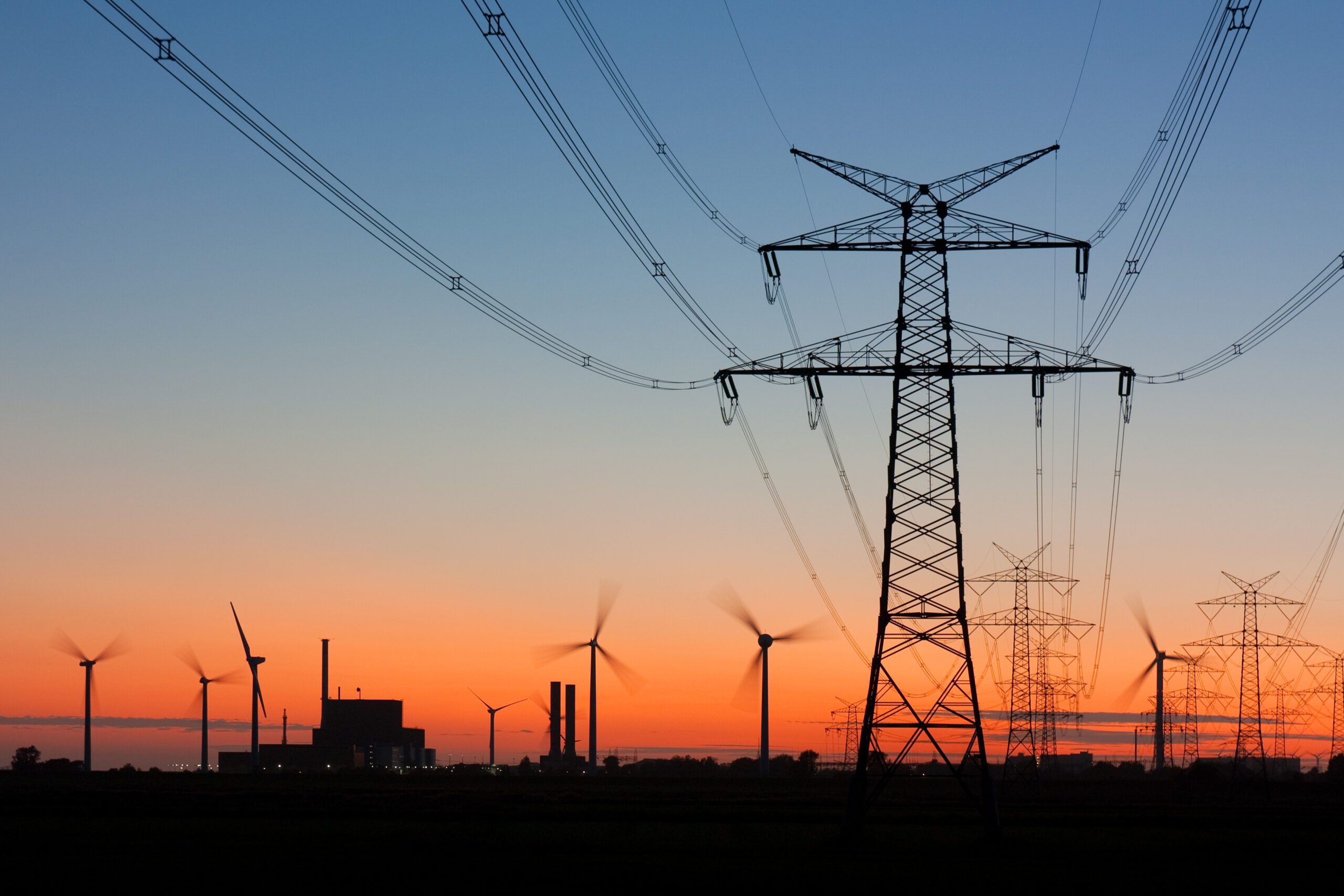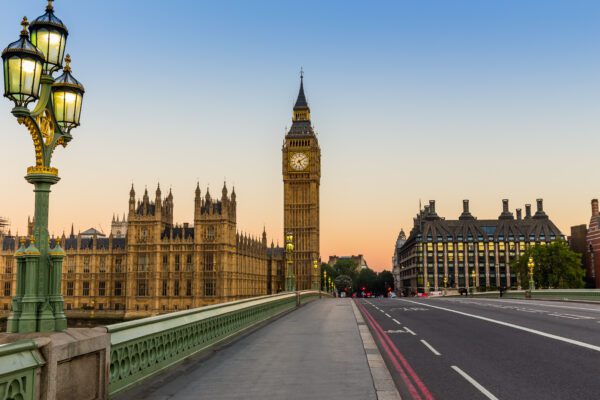
Ask an expert: How to go beyond energy efficiency
How can businesses go beyond energy efficiency to take a truly holistic approach to optimisation?
As we move towards a low-carbon future, businesses must consider not only how much energy they are using, but also when and how they are using energy.
At Inspired, we’re getting more requests for support from businesses that are looking to optimise their energy usage – because it can be complex to ensure that you’re using energy in the best way for your business. So we asked Laura Clare Davies, one of our expert Client Optimisation Managers, to share her insight on how businesses can go beyond energy efficiency to take a truly holistic approach to optimisation.
Q) Have most businesses implemented basic energy efficiency measures (like switching off lights/computers when not in use) by now? If so, what are some common next steps?
“The majority of businesses that we work with have already begun to improve their efficiency through ‘low-hanging fruit’ measures like switching to LED lighting or installing sub-metering.
After that, we usually see businesses take one of two routes. Some focus on their electricity consumption by implementing measures like renewable on-site generation and voltage optimisation, which ensures that the voltage for their site is set at the optimum level for their machinery and assets.
Others take a more holistic approach by focusing on behavioural change. This is typically a really effective approach, as getting staff involved in energy efficiency and helping them to understand why they’re being asked to change their behaviour often increases their engagement with wider energy and sustainability initiatives within the business. Implementing a full behavioural change programme also helps businesses to not only reduce their consumption, but also their carbon emissions.”
Q) Heating can have a big impact on a site’s energy efficiency. Are businesses beginning to switch to low-carbon heating alternatives? If so, which technologies are most popular and why?
“Heat decarbonisation is one of the biggest challenges facing organisations that are looking to become more sustainable. When it comes to electricity, there are plenty of cost-effective, renewable options – businesses can switch to green tariffs, install renewable on-site generation, or sign up for a Corporate Power Purchase Agreement, for example.
But when it comes to heating, gas central heating is typically the cheapest option for most businesses today (despite the high wholesale prices we’re seeing at the moment). This means that most organisations are continuing to install gas boilers, because they’re cheaper than the low-carbon alternatives on the market. An air source heat pump, for example, can cost up to £15,000 to heat a three-bed house (which means upfront costs could be considerably more to heat a large business site) and if an organisation’s site is poorly insulated, they could face running costs of up to 40% more than traditional central heating.
Some businesses will be able to access funding for heat decarbonisation – the Public Sector Decarbonisation Scheme, for example, provides grants for public sector bodies to fund heat decarbonisation and energy efficiency measures. But until funding is made available to more organisations, and the costs of low-carbon heating technologies fall further, it’s likely that most businesses will stick to traditional central heating.”
Q) Water is often referred to as the ‘forgotten’ utility – but as water is a finite resource, and many organisations are focusing on sustainability, are we seeing more businesses address their water efficiency?
“We are definitely beginning to see more businesses look at improving their water efficiency and taking on larger projects to ensure they use water more sustainably. This is really important, because just 2.5% of the world’s water is freshwater, and just 1% of that water is easily accessible – so we cannot let water go to waste.
Businesses that are striving to become more water-efficient should start taking their own meter readings, to ensure they have a clear understanding of how much water they’re using before they put any efficiency measures in place. They can then begin to put a water management strategy in place, to address water waste across their business. This could include measures such as making sure water facilities are maintained and checked regularly, educating staff about the financial and environmental impact of running taps and wasting water and encouraging behavioural change to begin with. Many businesses are also now considering how much water is used in delivering their products and/or services, and working with their supply chain to reduce the amount of water involved in the production process.”
Put your optimisation questions to our experts
Our optimisation experts are always on hand to advise you on how your business can optimise its utilities consumption – from determining whether you would receive a good ROI from investing in low-carbon heating to helping you to implement a water management strategy.
To talk to one of our experts today, call us on 01772 689 250 or email [email protected].

